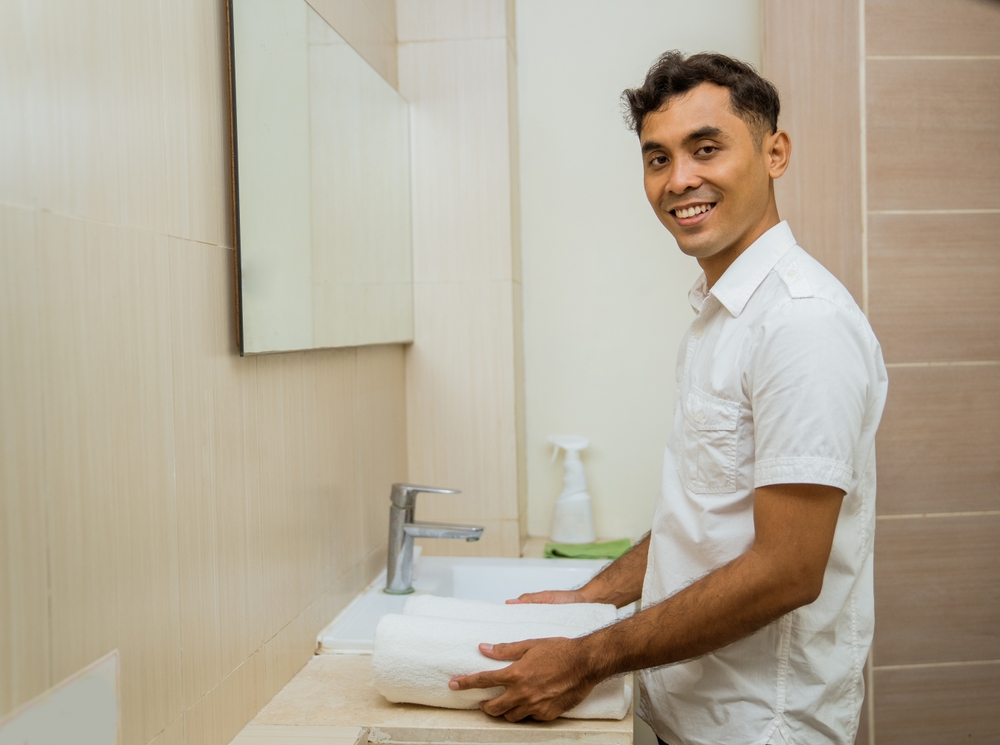When staying at a hotel, most guests try to be courteous and considerate. After all, no one wants to be seen as rude or ungrateful. However, there are some seemingly polite habits that hotel workers actually find frustrating or problematic. These actions are often well-intentioned but end up creating more work, confusion, or even safety issues behind the scenes. Understanding what these habits are and what to do instead can help travelers be both respectful and genuinely helpful.
Here are 15 common habits that hotel workers secretly dislike, along with better alternatives that show true consideration for their work and time.
1. Stripping the Bed Before Checkout
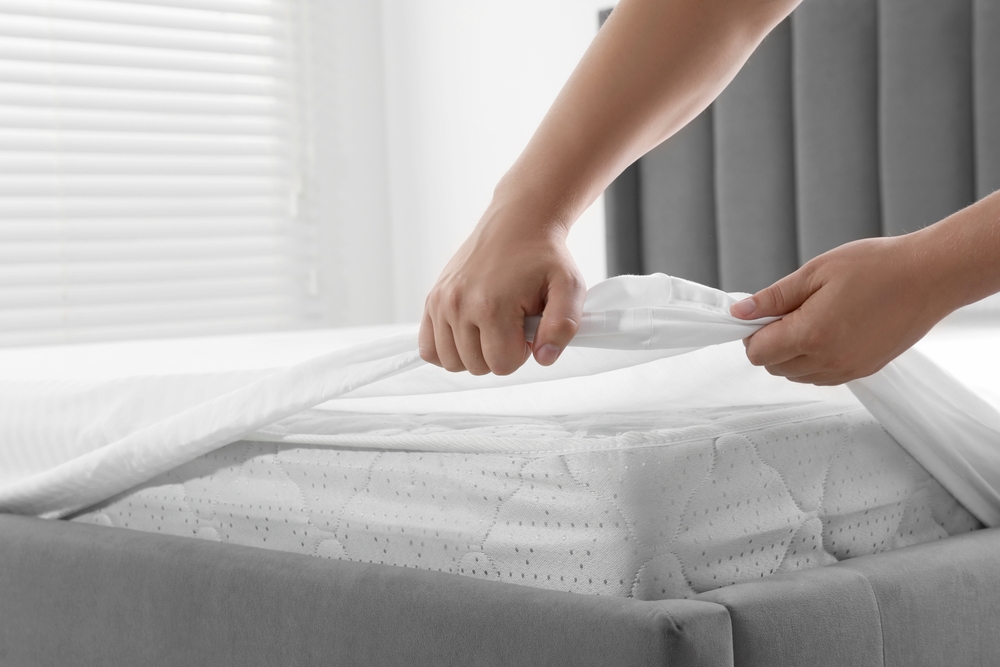
Many guests believe stripping the sheets off the bed is a helpful gesture, but housekeeping staff often find it more inconvenient than useful. When guests remove the linens, they may mix up dirty towels with clean ones or stack bedding in ways that slow down the room turnover process.
What to Do Instead: Simply leave the bed as it is. Housekeeping has a system for stripping and inspecting linens efficiently. If you want to be helpful, gather used towels in one place, such as the bathroom floor.
2. Leaving a Large Tip at the End of the Stay
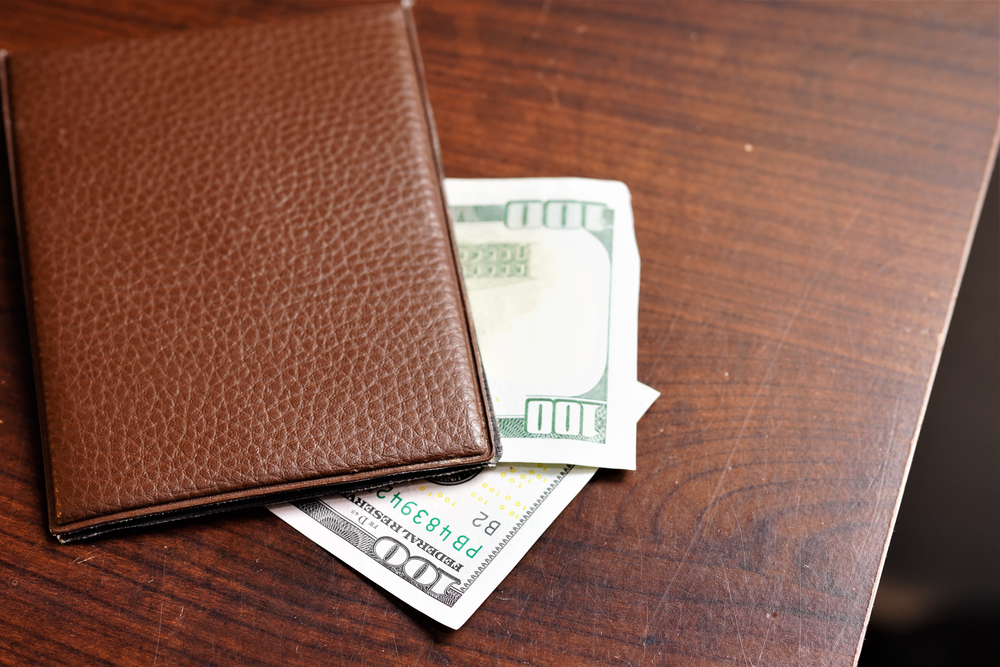
Tipping is appreciated, but leaving a single large tip at the end of a multi-day stay can mean only one housekeeper gets it, even if several staff members serviced the room during your visit.
What to Do Instead: Leave smaller daily tips with a short thank-you note, clearly marked for housekeeping. This ensures the person who cleaned your room that day gets the tip.
3. Bringing Used Towels to the Front Desk or Hallway
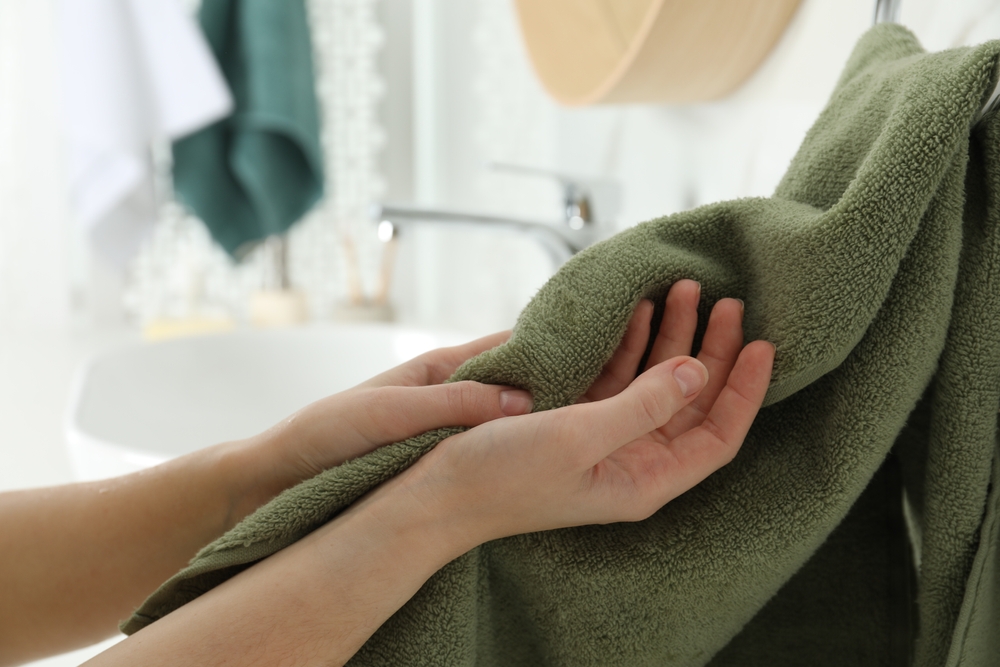
Some guests try to assist by carrying used towels to the front desk or placing them in the hallway. While this may seem helpful, it disrupts the hotel’s internal housekeeping system and can create hygiene concerns.
What to Do Instead: Leave used towels in the bathroom. Housekeepers are trained to handle them properly and efficiently.
4. Asking to “Help Out” with Small Chores
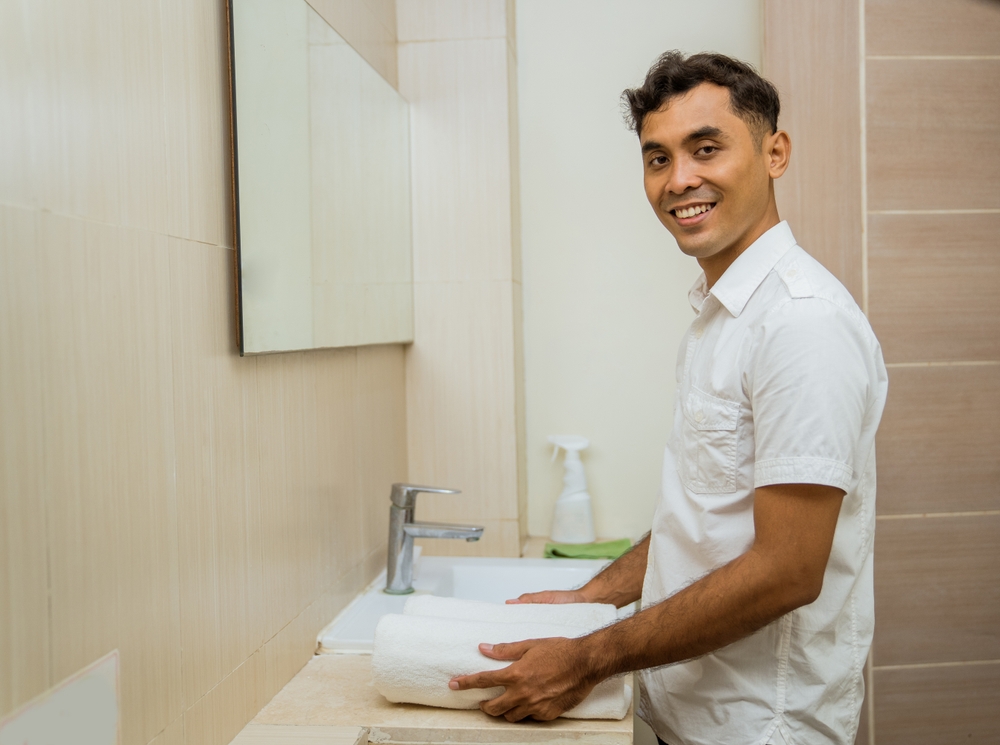
Occasionally, well-meaning guests ask if they can help with things like folding towels, stacking trays, or refilling carts. While the gesture is kind, it can create liability and insurance concerns for hotels.
What to Do Instead: Focus on being a considerate guest. Clean up after yourself and treat the staff with kindness, but let them do their jobs.
5. Calling Front Desk to Thank Them for Everything

Expressing gratitude is never a bad thing, but repeatedly calling the front desk just to say thank you can clog phone lines and delay service for guests with urgent needs.
What to Do Instead: Leave a note, give a positive online review, or mention names of helpful staff during checkout or in a feedback form.
6. Waiting at the Desk to Greet the Next Shift
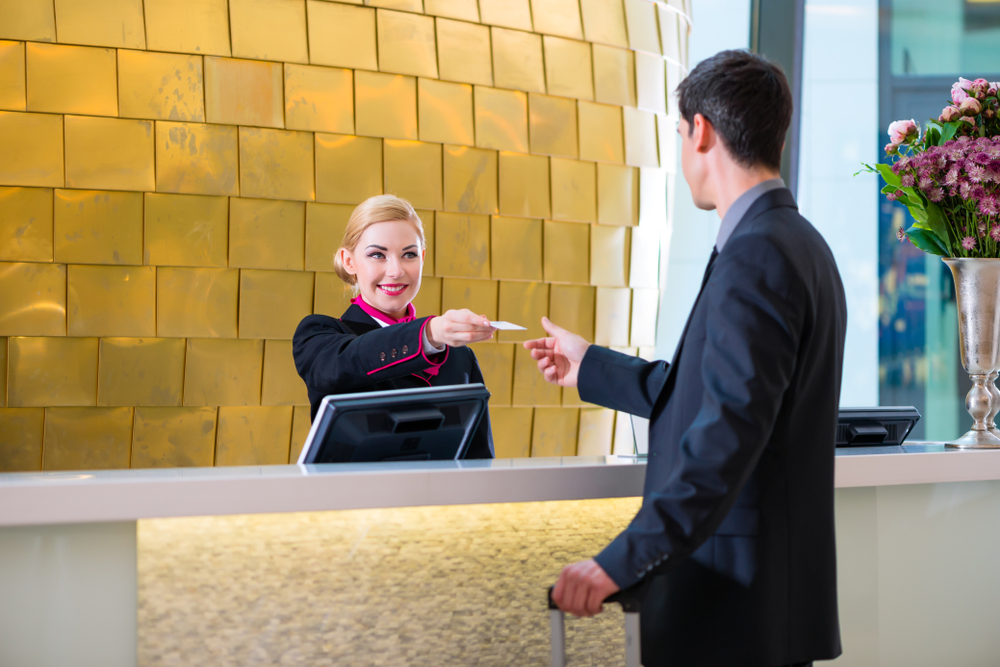
Some frequent travelers become friendly with hotel staff and like to personally greet or thank workers changing shifts. While nice in theory, this habit can slow down transition time and delay internal meetings or end-of-shift procedures.
What to Do Instead: Say thank you as you leave or write a quick thank-you note. Staff appreciate the gesture without needing to rearrange their schedule.
7. Over-Apologizing for Small Requests
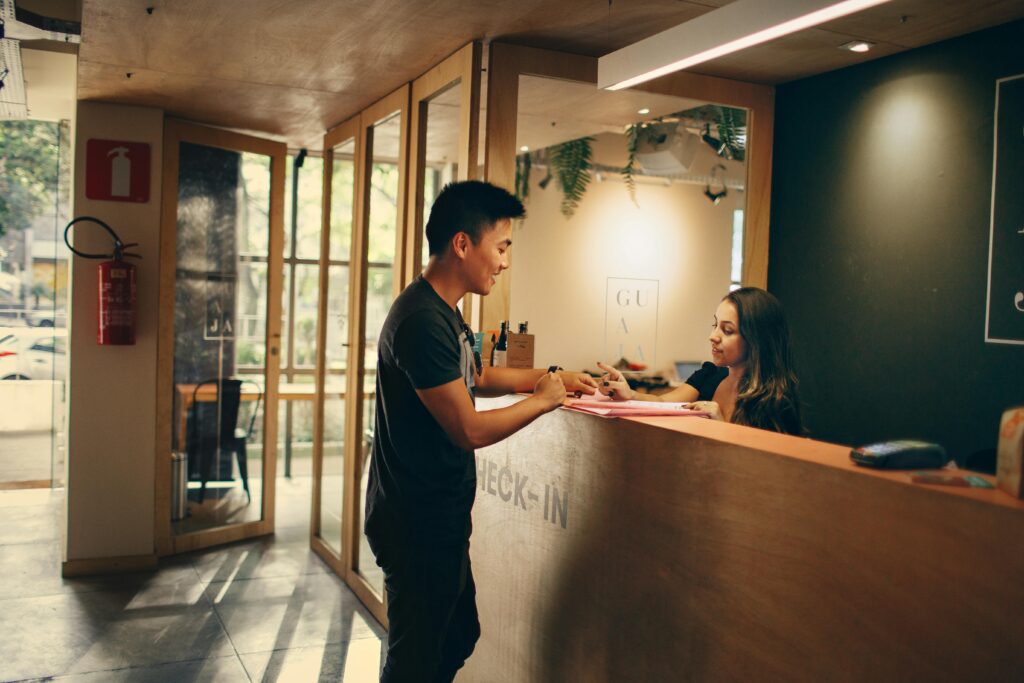
Guests often feel guilty asking for extra pillows or late checkouts, and may apologize repeatedly. While polite, this can make communication less clear and slow down service.
What to Do Instead: Make requests directly and politely. Staff are there to help and prefer clear, respectful communication over unnecessary apologies.
8. Tidying the Room Before Housekeeping Arrives
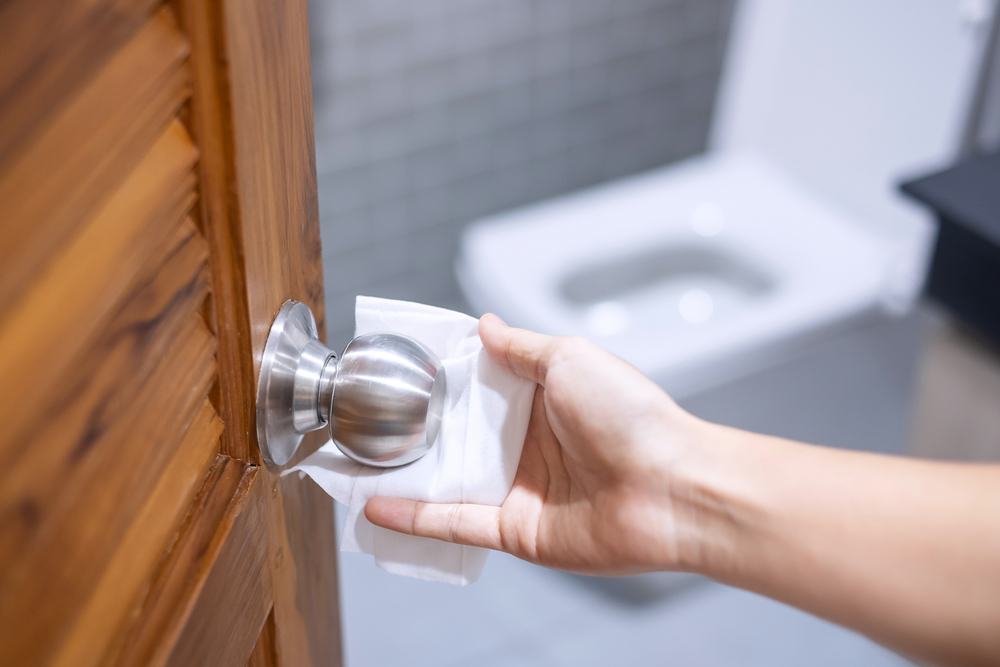
Trying to pre-clean a room might feel considerate, but it can actually confuse housekeepers about what has been sanitized and what needs attention. It may even lead to items being missed during cleaning.
What to Do Instead: Organize your belongings if you like, but do not attempt to clean surfaces or rearrange hotel supplies. Let professionals do their job thoroughly.
9. Bringing Trash to Public Bins

Guests sometimes carry trash to lobby bins or public areas thinking they are lightening the load. However, this can lead to overflowing trash cans and sanitation issues in common areas.
What to Do Instead: Use the trash bins provided in your room. If you have excessive garbage, call housekeeping and ask for assistance.
10. Talking Extensively to Staff on Duty

Friendly conversation is fine, but monopolizing the attention of hotel workers, especially during busy hours, makes it harder for them to assist other guests or complete tasks.
What to Do Instead: Be polite and brief. If you want to chat more, ask when they are available or leave a note of appreciation instead.
11. Offering Unsolicited Feedback in Person
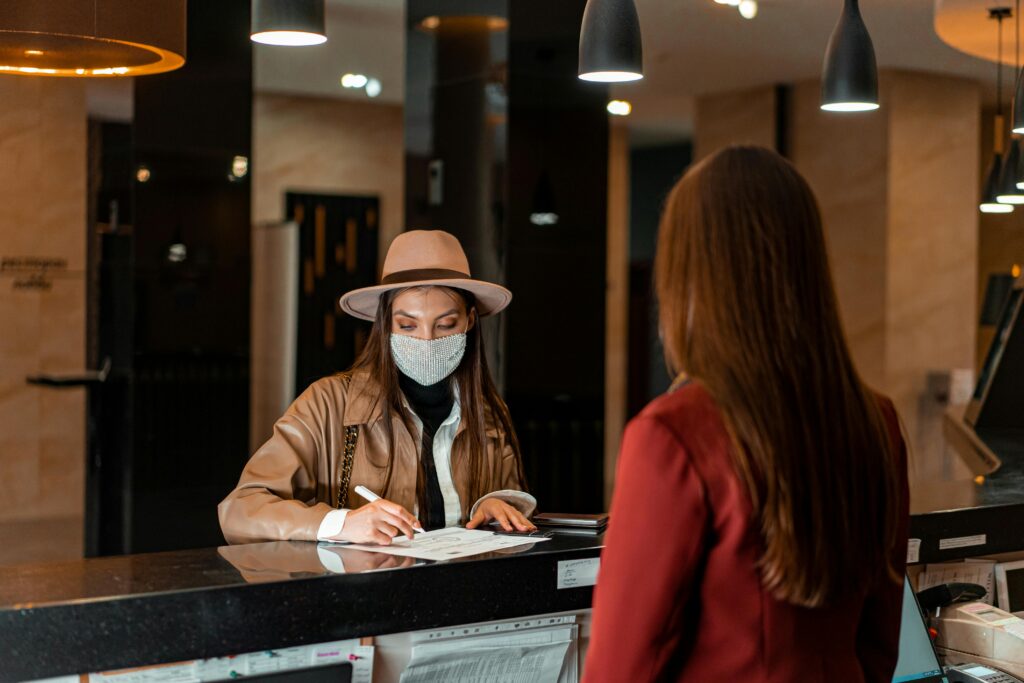
Guests sometimes think they are being helpful by giving face-to-face feedback about service, but this can put workers in an uncomfortable position, especially if it is negative.
What to Do Instead: Submit your feedback through proper channels like surveys or review platforms. This ensures it reaches management and is handled appropriately.
12. Holding the Elevator for Staff
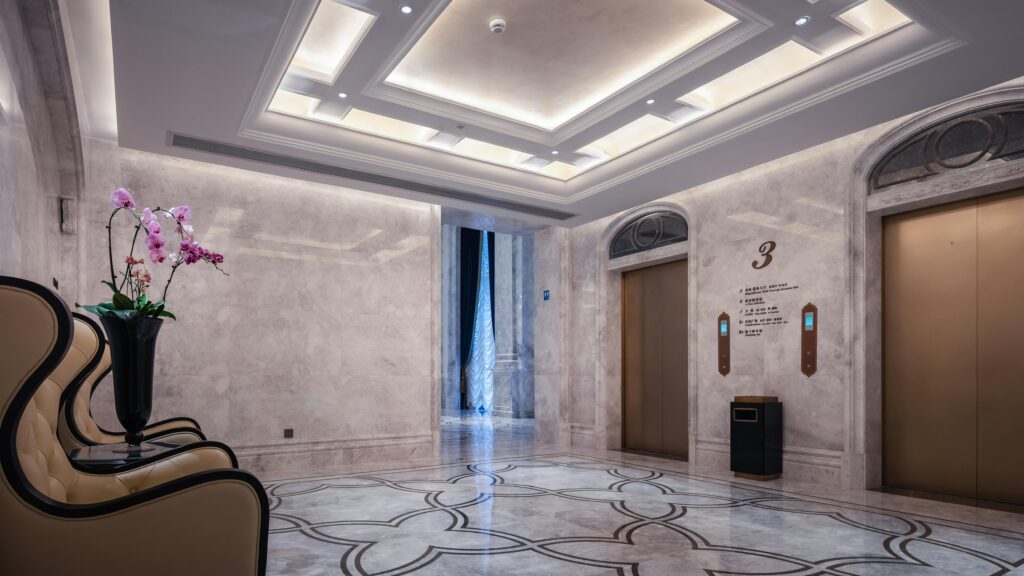
Guests often try to be courteous by holding elevators for housekeeping or maintenance staff. While thoughtful, workers are usually on a schedule and may prefer to wait for the next elevator.
What to Do Instead: If a staff member appears to be in a rush or carrying heavy equipment, ask if they want to get on. Do not insist.
13. Returning Items to Lost and Found with Extra Notes
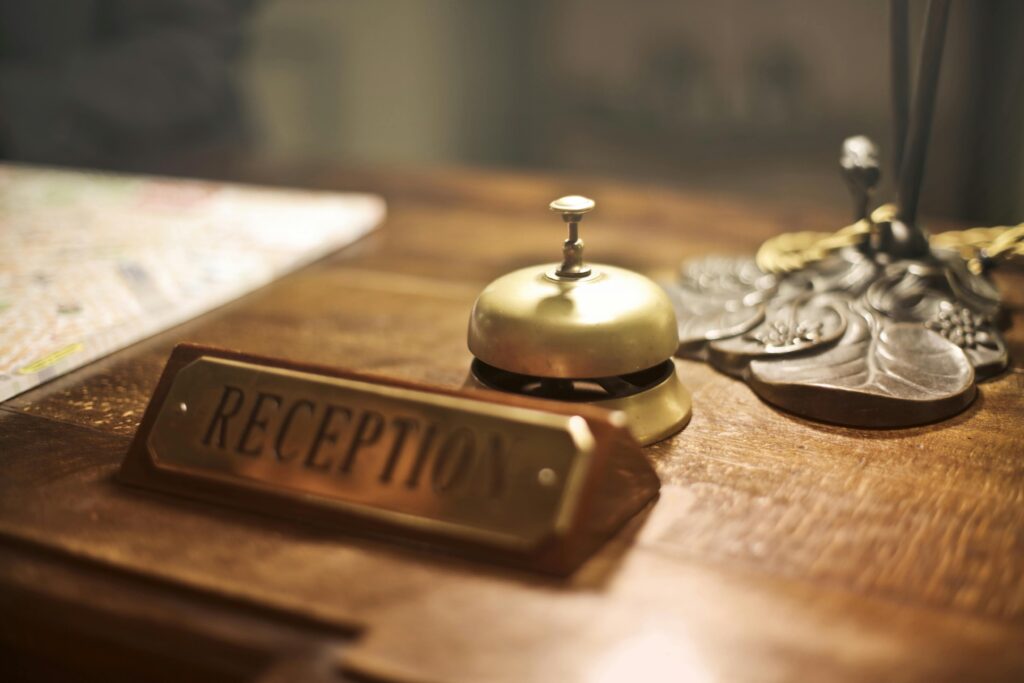
Returning found items is important, but writing long notes or attaching comments can slow down the cataloging process and distract staff from prioritizing time-sensitive tasks.
What to Do Instead: Return the item with a brief description of where you found it. No need for extras unless asked.
14. Offering Food or Beverages to Staff
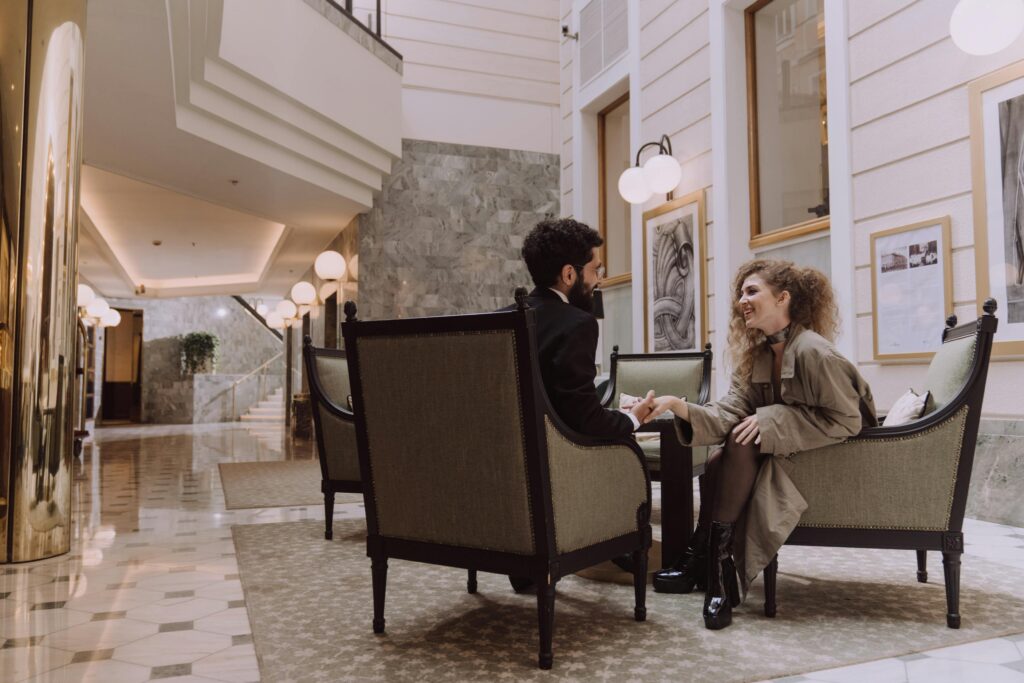
While sharing snacks or offering drinks can be seen as a nice gesture, hotel policies may prohibit staff from accepting such items for safety or hygiene reasons.
What to Do Instead: If you want to express appreciation, write a compliment card or mention the employee to management. Positive recognition goes further than snacks.
Read More: Arctic Norway will soon be home to the world’s first energy-positive hotel
15. Insisting on Cleaning Up Accidents
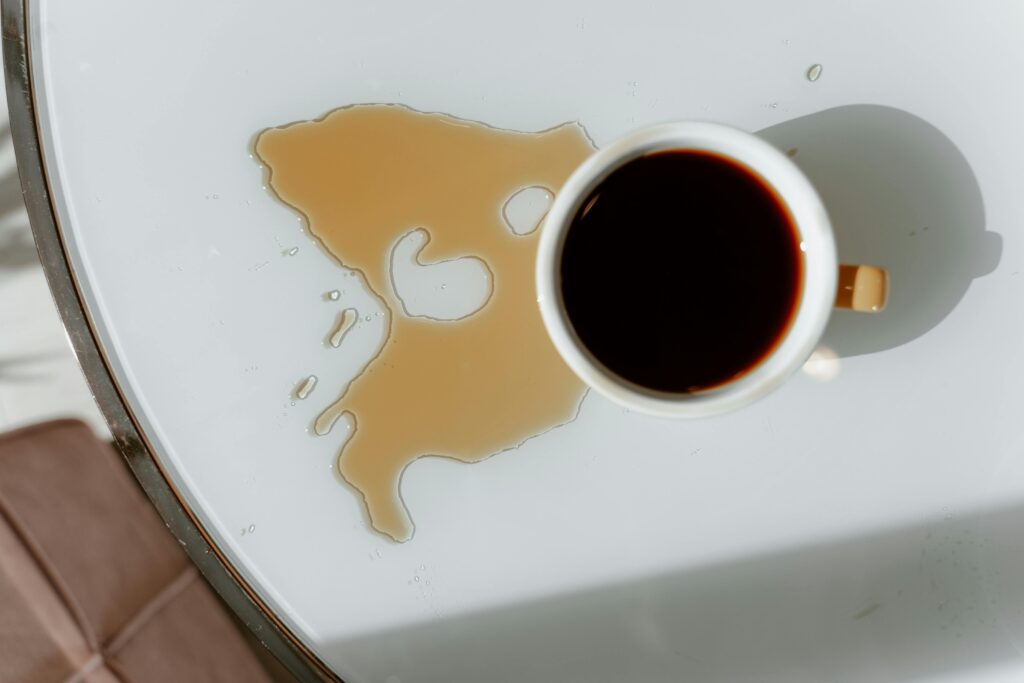
If something spills or breaks, some guests rush to clean it up themselves to avoid embarrassment. This can sometimes cause more damage or create safety issues.
What to Do Instead: Inform hotel staff right away. They have the right tools and training to handle messes safely and quickly. Your honesty is more appreciated than your cleanup.
Read More: 14 Behind-the-Scenes Hotel Practices That Might Gross You Out
Final Thoughts
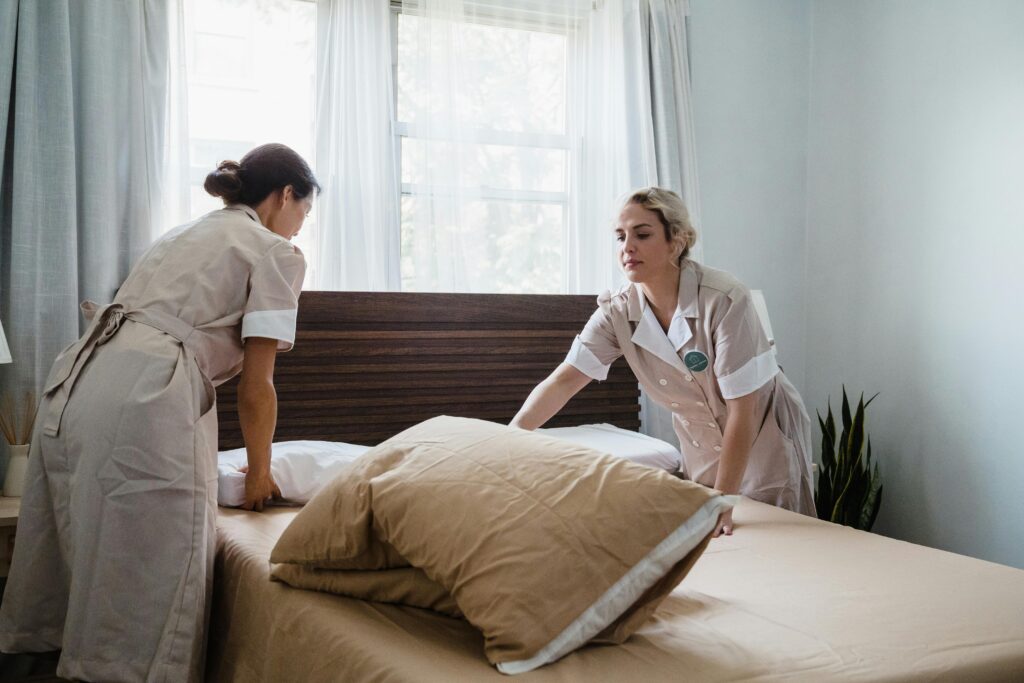
Politeness is always appreciated, but thoughtful guests understand that not all well-intentioned actions are genuinely helpful. Hotel workers have routines, systems, and health standards in place to do their jobs effectively. The best way to show respect is to trust their expertise, follow basic hotel guidelines, and express appreciation through the appropriate channels. Simple gestures, clear communication, and respecting boundaries go a long way in making a stay enjoyable for both guests and staff.
Disclaimer: This article was created with AI assistance and edited by a human for accuracy and clarity.
